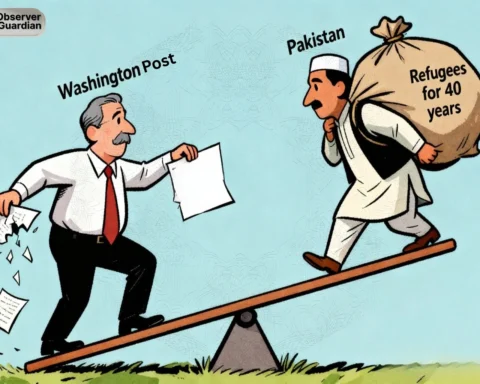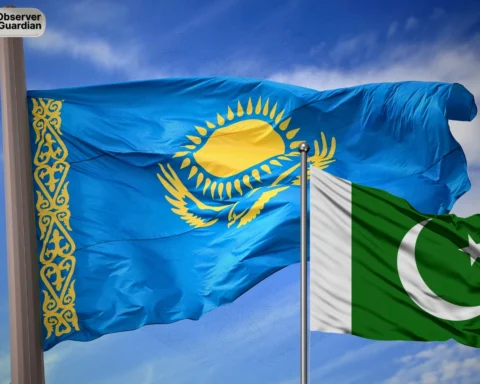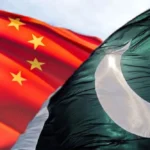Russia’s Unilateral Ceasefire Proposal for May 8
Russia has declared a 72-hour unilateral ceasefire in Ukraine from May 7-10, coinciding with Victory Day, a major national holiday marking the end of World War II. The Russian government hopes to pause hostilities to commemorate the victory over Nazi Germany, urging Ukraine to join the truce. The move has drawn a swift and harsh response from Ukraine, which insists that if Russia is serious about peace, it must cease fire immediately and for a longer duration.
Ukraine’s Demands: Immediate and Extended Ceasefire
Ukraine’s Foreign Minister Andrii Sybiha responded strongly, rejecting the limited ceasefire proposal. He emphasized that if Russia truly seeks peace, it should cease fire without delay for at least 30 full days. Sybiha questioned why Russia is waiting for May 8, stressing that a longer, more comprehensive ceasefire is essential for real peace talks. Despite the Russian offer, Ukraine remains critical of Russia’s ceasefire history, citing violations and continued military aggression.
The Role of International Pressure and the US’s Position
This ceasefire proposal is the latest in a series of Russia’s attempts to gain international favor and end the ongoing war. However, the United States has pressured Russia for a full, lasting ceasefire, with President Donald Trump’s criticism of Putin intensifying. Trump’s meeting with Ukrainian President Volodymyr Zelenskyy highlighted growing frustration with Russia’s actions, as Trump urges for concrete peace agreements. Meanwhile, Russian Foreign Minister Sergey Lavrov has stated that Ukraine must first withdraw its decree ruling out negotiations before any talks can take place.








